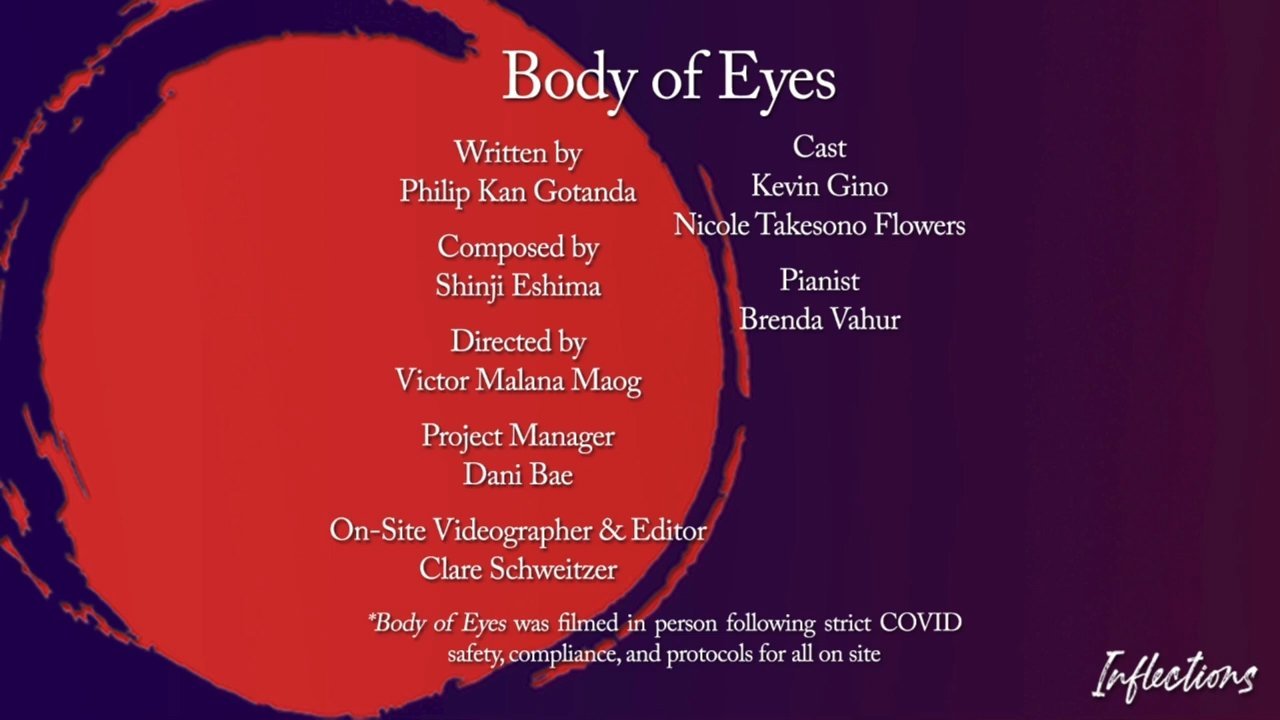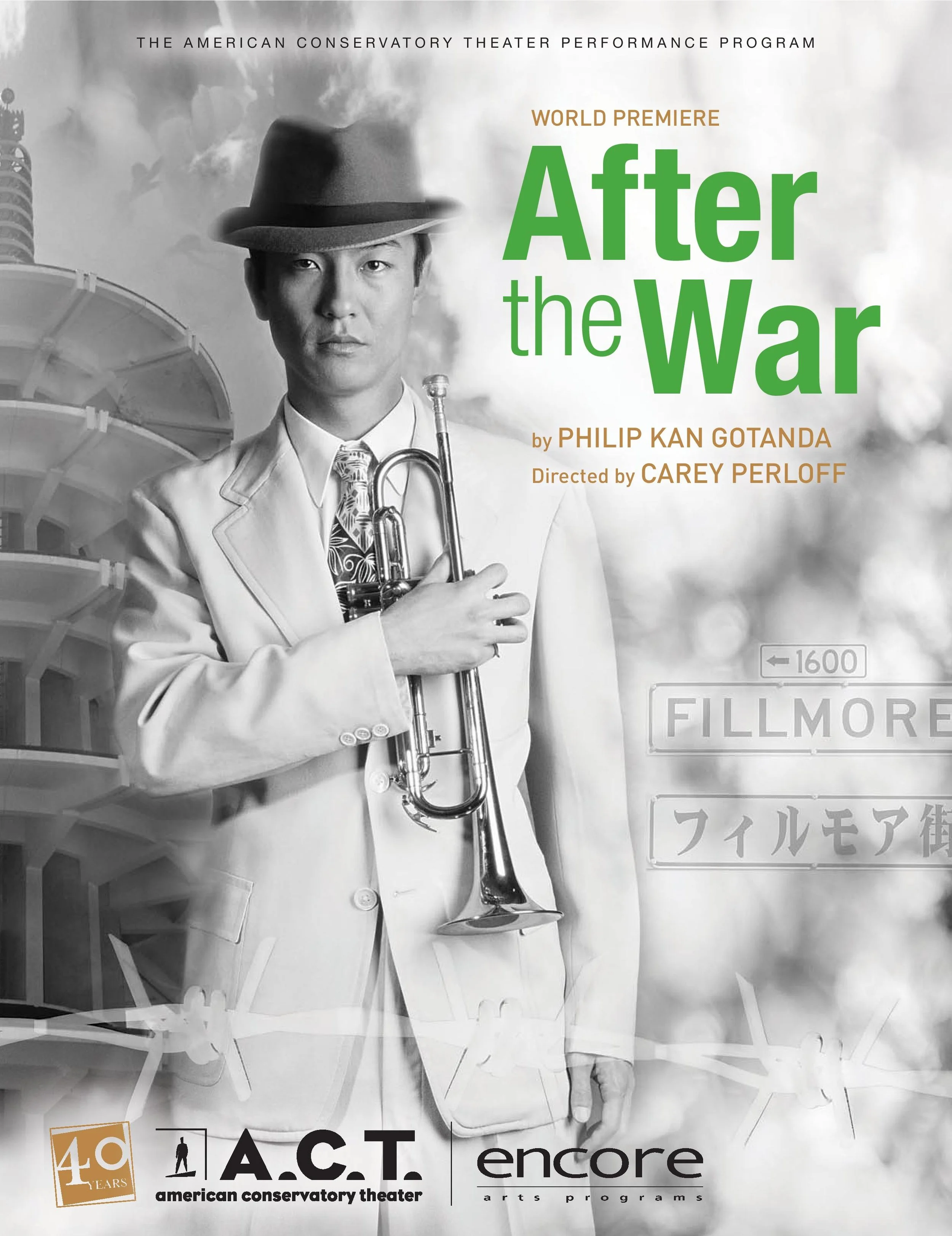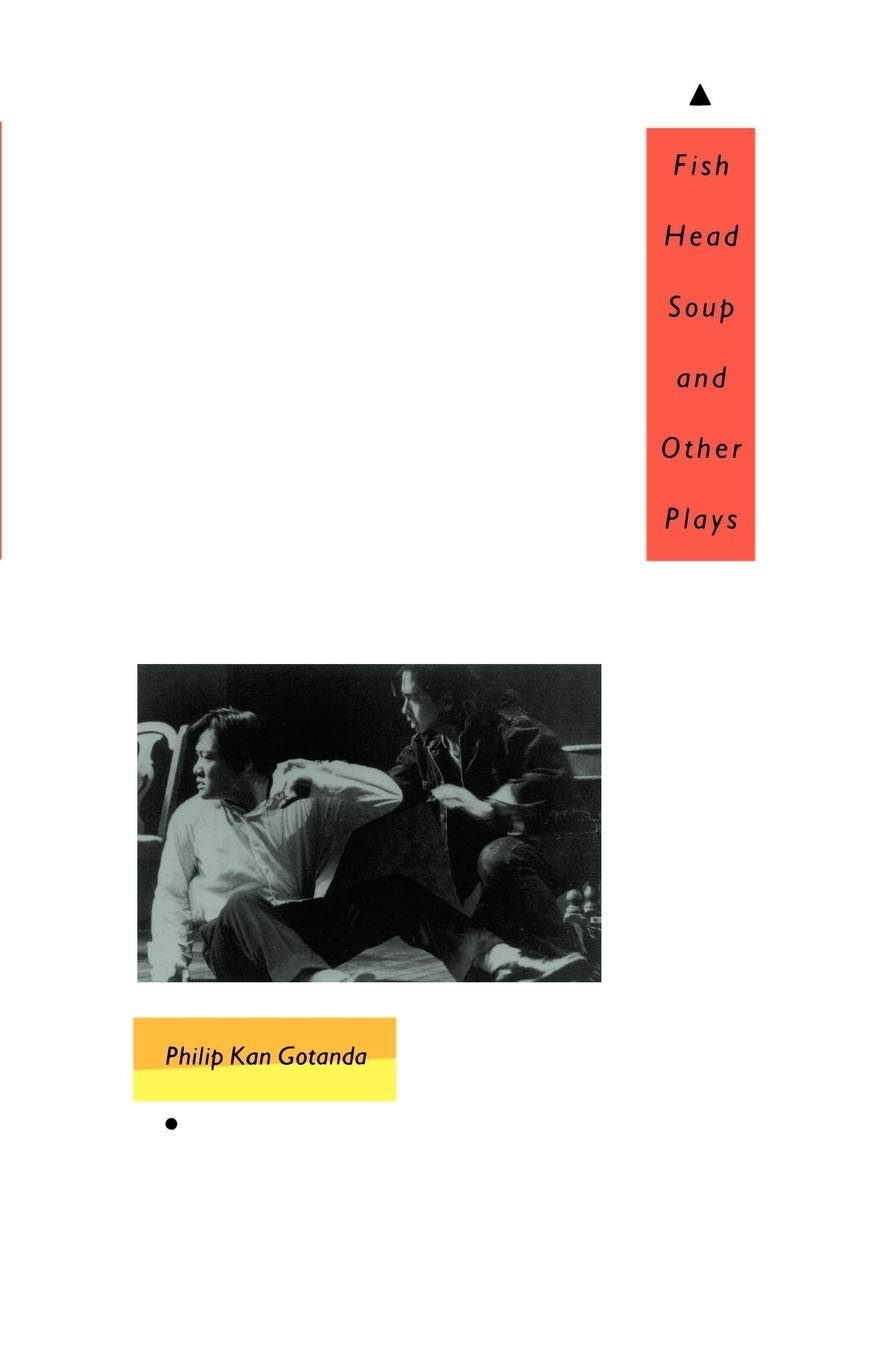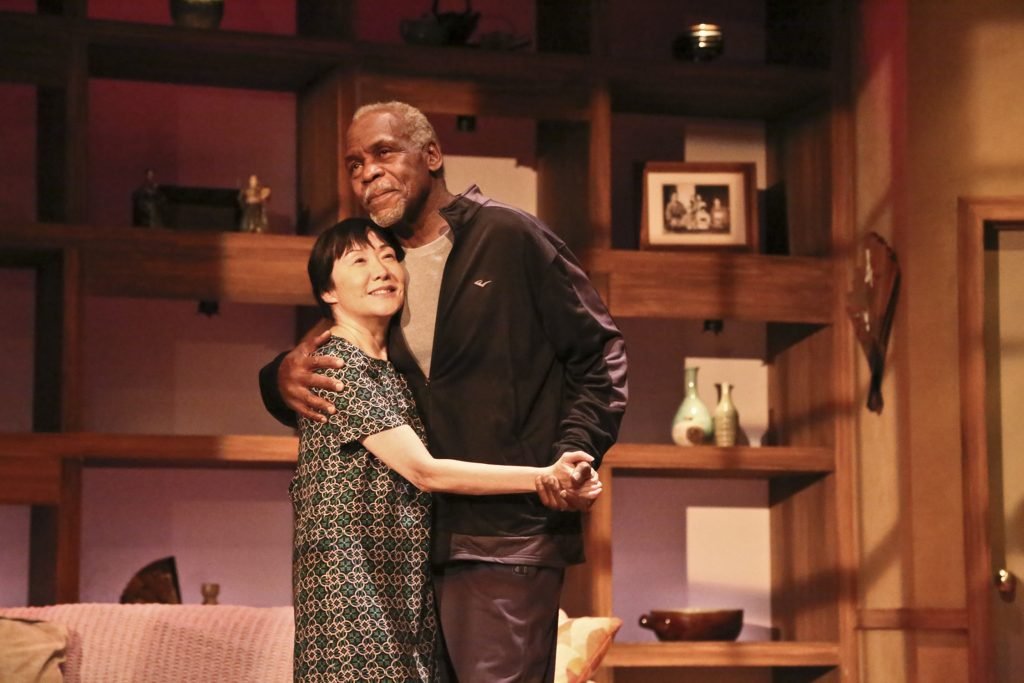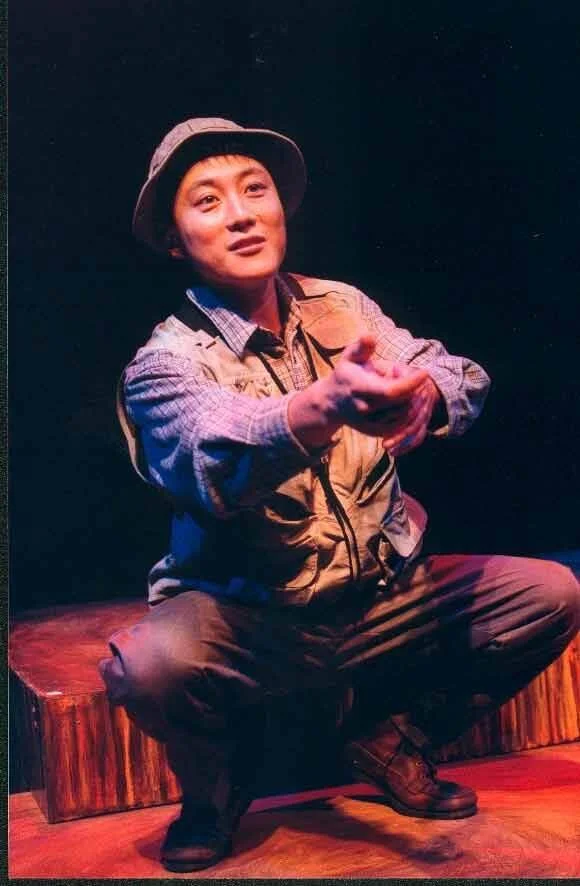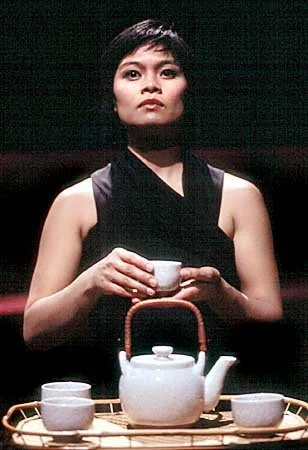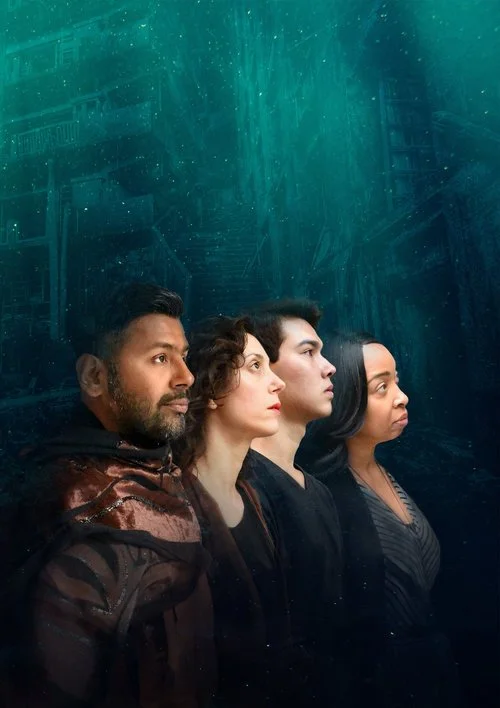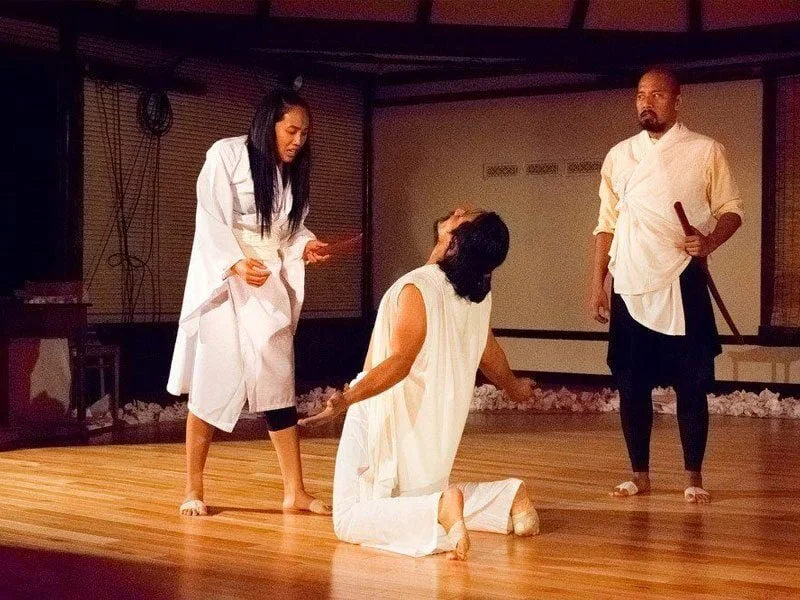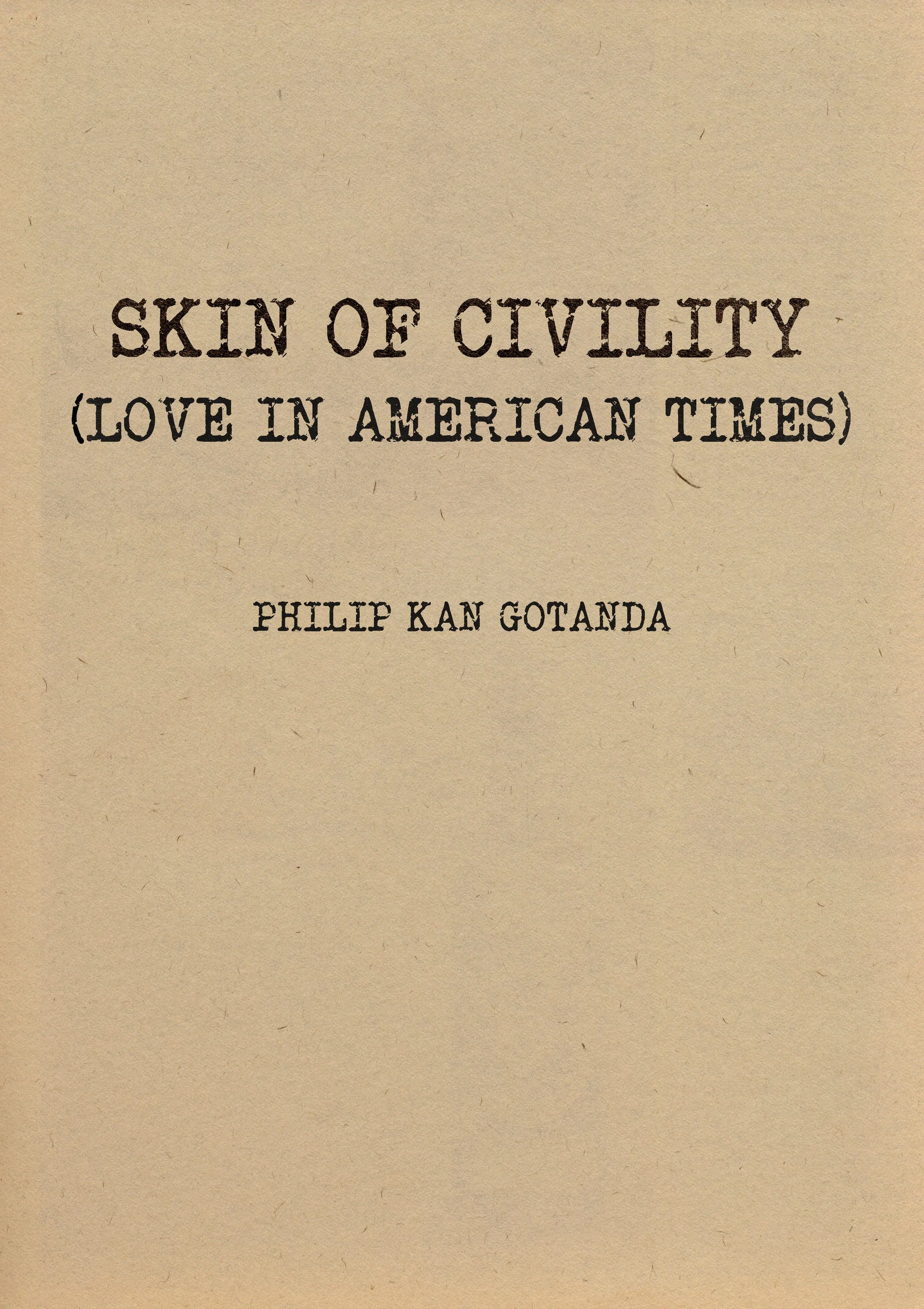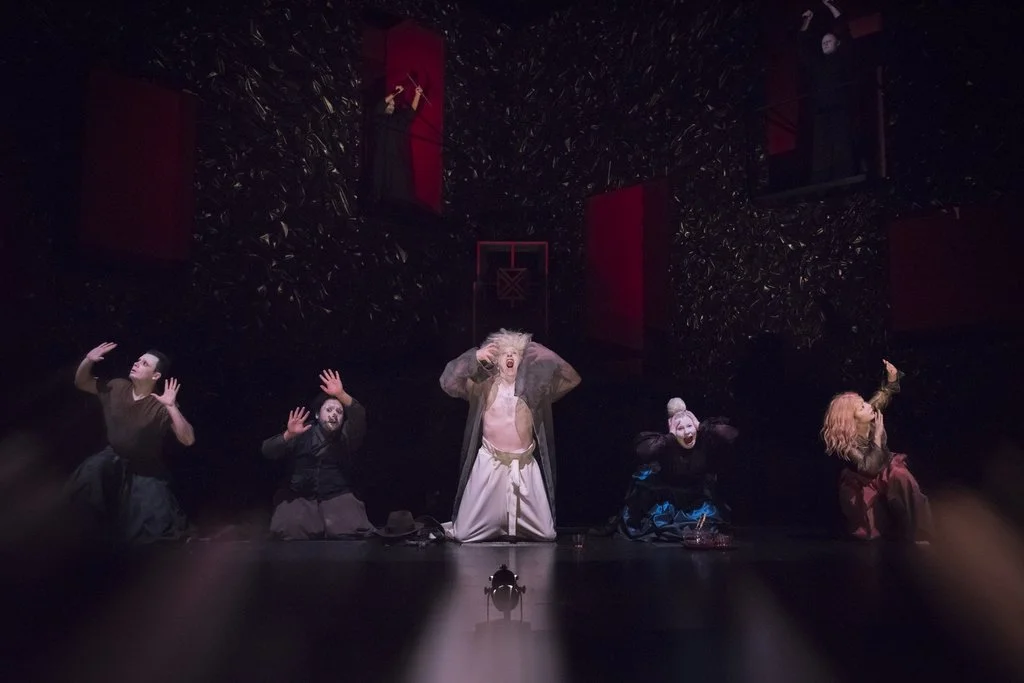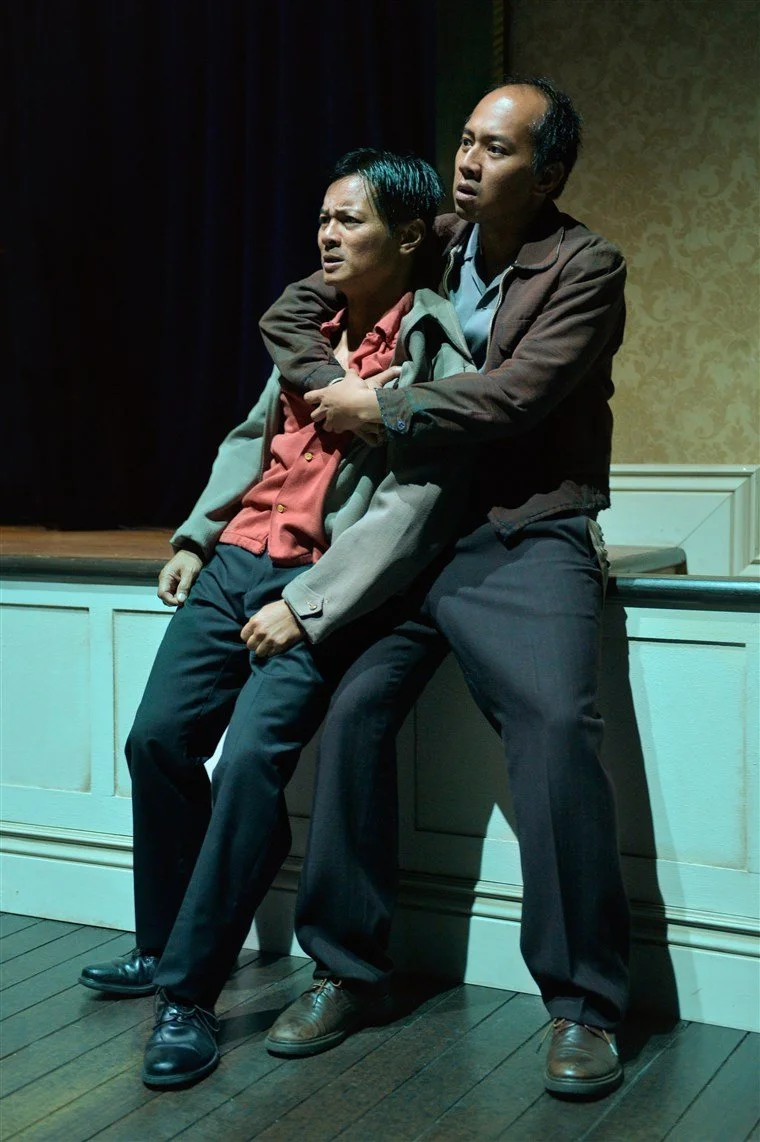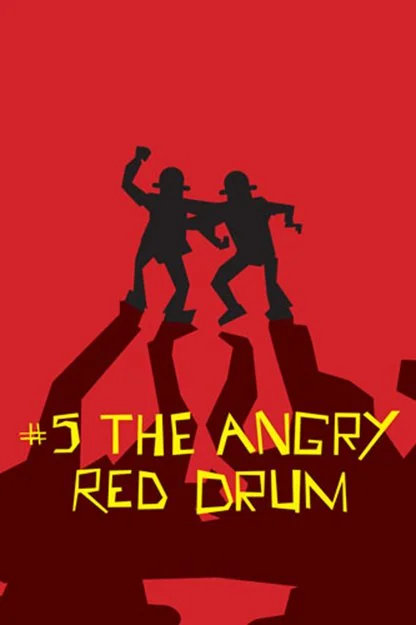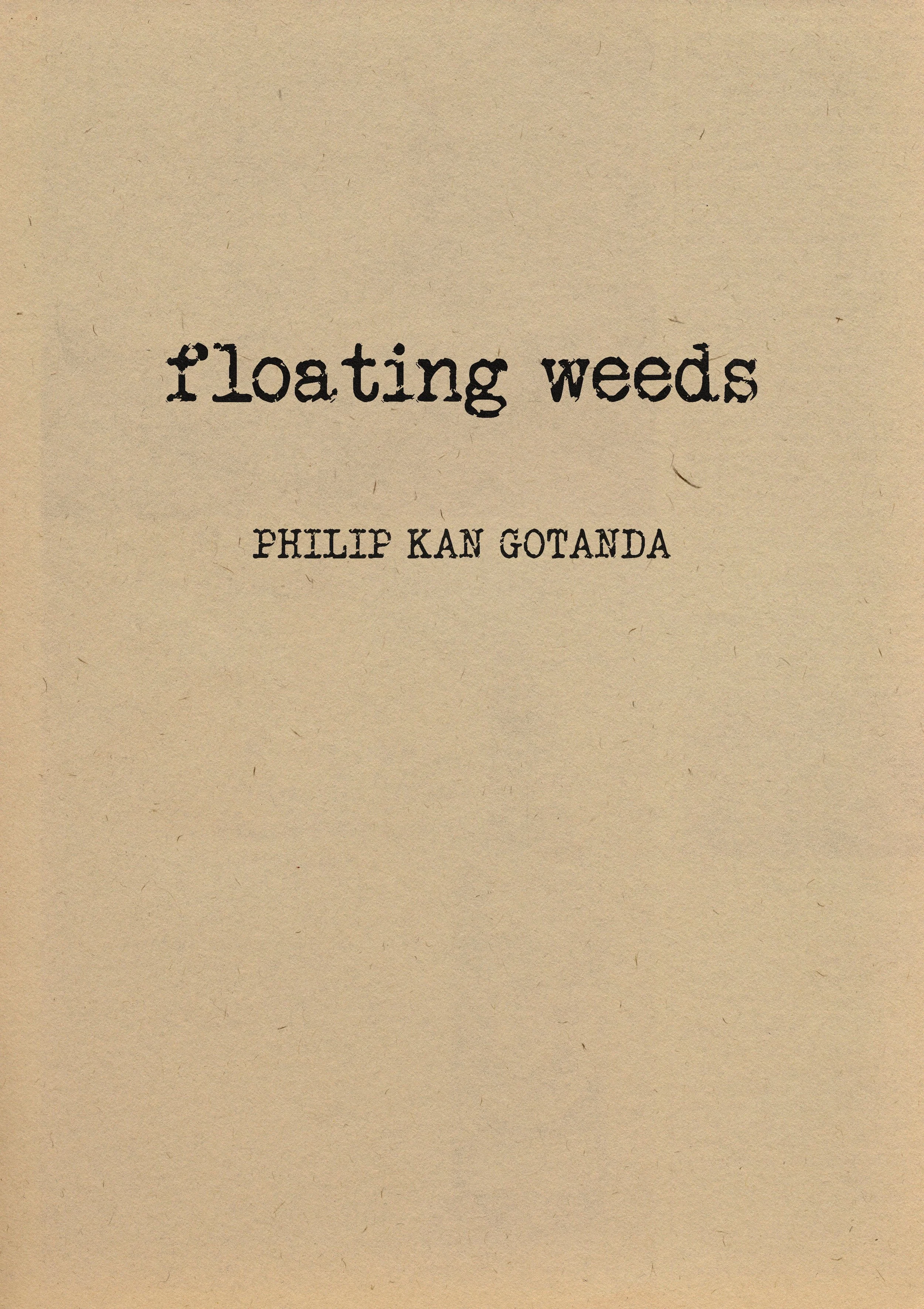Plays
Night Fishing
As part of a series by the Berkeley Repertory Theater, they asked 10 writers to think of a place within the city of Berkeley where something meaningful or memorable happened to them and then to write a story inspired by that place. Some stories are fact, some stories are fiction, and some live somewhere in between. Night Fishing is a story of father and son based on Tilden Park Lake, that may or may not exist but where past memories grow present once again.
A collaboration with English musical saw multi instrumentalist, David Coulter.
Body of Eyes
Is from a song cycle written in collaboration with composer
Shinji Eshima.
The Wash
In The Wash by Philip Kan Gotanda, a wife abruptly leaves her husband after more than 40 years of marriage, but she continues to do his laundry, visiting him regularly in what is now his seedy bachelor home.
Yankee Dawg You Die
Bradley Yamashita is one of the new breed of Asian-American actors. Highly political and outspoken, he will only take on acting roles that are dignified and unstereotypic. He has recently starred in a small independent film that is the darling of the art crowd, and he arrives in Hollywood full of himself and his politics. Vincent Chang is a survivor. He cut his teeth on the old "Chop Suey" circuit as a hoofer and went on to star in feature films, even garnering an Oscar nomination in the 1950s. Now, though still regal and debonair, Vincent is forced into taking often stereotypic and undignified roles. Through a series of quick-moving scenes, we follow the two men as they meet, form a tenuous friendship and together do battle amidst the often humorous and at times ruthless backdrop of the Hollywood film world. While maintaining the portrayal of integrity as all important, Bradley must face the reality of the same lack of work for Asian actors as Vincent faced in the early days of film. Vincent also teaches Bradley the dignity of survival as he learns to take on more of the cultural responsibility Bradley wishes him to accept.
Ballad of Yachiyo
Inspired by true events in the playwright's family, The Ballad of Yachiyo follows 16-year-old Yachiyo as she reluctantly leaves her impoverished parents to live with sophisticated relatives. Her mother hopes she will learn the Japanese tea ceremony and other refinements that will help attract a wealthy husband.
After the War
War does many things to us - it can make us question our government, question what it means to be an American, and question where we belong. After the War Blues takes place in the aftermath of World War II, when several communities intersected in San Francisco's Western Addition District: Japanese-Americans returning from internment camps, African-Americans who had come to San Francisco looking for work, White southern migrants looking for economic opportunity and Russian Jews arriving in this country in the wake of the war. During a time when resources were limited, the characters struggle to get along and find their place in this new cultural mix. Says Gotanda, "The play asks - how do you begin to bridge all these different communities, and ultimately, can you?"
Commissioned and developed by the American Conservatory Theatre. Directed and produced by Carey Perloff Artistic Director of ACT. Additional development at the Sundance Theater Lab and Sundance/UCROSS Writing Colony.
Fish Head Soup
Investigates the psychic scar left on Japanese America by their incarceration during WWII and how it passes intergenerationally from generation to subsequent generation of Japanese Americans.
Yohen
In Japanese pottery, the term “yohen” refers to unpredictable changes that take place in the kiln. James and Sumi Washington are an interracial couple struggling to maintain their 37-year marriage after James retires from the US Army. The dramatic change in routine prompts questions about life, love, and aging, as the couple attempts to repair what’s broken and decide what is worth saving.
Sisters Matsumoto
Sisters Matsumoto by Philip Kan Gotanda tells a moving and heartwarming story that sheds light on the after effects of Japanese internment camps during World War II. Directed by Mina Morita, the play is set in 1945, and tells the story of three sisters who return to Stockton, California after spending two years in a U.S. concentration camp in Arkansas.
A Song For A Nisei Fisherman
The second play I wrote after my musical, The Avocado Kid or Zen in the Art of Guacamole. It is based closely on stories my father told me as a child growing up on Kauai and of my days fishing with him. He loved fishing.
The Wind Cries Mary
Loosely based on Hedda Gabler, The Wind Cries Mary is set on a college campus in the late '60s. Amidst the turbulent anti-war demonstrations and beginnings of Asian-American identity politics, we follow an extraordinary young woman, Eiko Hanabi, through the course of several days’ events which in the end will alter her life forever. Eiko finds herself caught between life choices made during a different political and racial climate, and a newer emergent model that promises more freedom and choice. Eiko is a woman caught on the cusp of a world changing from Oriental to Asian American.
Pool of Unknown Wonders
In Pool of Unknown Wonders, six passengers take a spaceship to escape the “toxic stressors” that we all live in. To reach the magical Pool, the number of passengers on the ship must remain the same. So, they must take care of each other–a far-reaching and wonderful idea.
I Dream of Chang and Eng
I Dream of Chang and Eng tells the story of Chang and Eng Bunker, the original “Siamese twins,” whose early lives were spent touring in a 'freak' exhibition. Charismatic and canny, they bought out their contract and toured themselves around the world, advising the king of Siam and carousing with English aristocracy before settling down on a Southern plantation, marrying sisters and fathering 21 children between them. This is the story of two people who were singled out as “freaks” by conventional society, but got the last laugh as they ultimately used this classification to their own gain.
Rashomon - The Gate of Truth and Lies
The play came out through a series of conversations I had with Michael Moran, a colleague at the Dept of Theater, Dance, & Performance Studies at the University of California, Berkeley, and co-artistic director and founder of Oakland Theater Project, (fka Ubuntu Theater). We started the conversations as Trump began to run for office the first campaign and we were flummoxed as to how his lying was getting so much traction, so many people buying into his lies. The only thing that made sense at the time was what a New York Times writer called kayfabe, (in professional wrestling) the fact or convention of presenting staged performances as genuine or authentic. And where the audience in turn, all the while knowing it is not true, responds as if the performance were real. In doing so, is afforded an emotional pay off that is more satisfying than acknowledging that it is a lie.
1980s: origin uncertain; often said to have arisen in American traveling carnivals. One explanation interprets the word as an alteration of ‘be fake’ written backwards, while the -ay- element is typical of the way in which words are formed in pig Latin.
The inspirations for the play are the original Kurosawa film, Rashomon, as well as the original short story, In the Grove, by Ryunosuke Akutagawa, along with my llifelong fascination with the writer, Ryunosuke Akutagawa. All sources are employed in the narrative.
Skin of Civility (Love in American Times)
Originally titled Love In American Times and premiered at San Jose Repertory. I subsequently did a complete rewrite and renamed it, Skin of Civility (Love In American Times) which premiered at San Jose Repertory.
The Dream of Kitamura
Inspired by a dream itself, The Dream of Kitamura enters a mysterious mythical world haunted by the vengeful spirits of the past. A once mighty patriarch cries in fear of Kitamura and his family hires a pair of bodyguards to stand by as his aides. However, the horrific secret that lies at the heart of this family that threatens their home is not one that can be kept.
Remember the I-Hotel
In Remember the I-Hotel, a story is told that imagines the lives of two roommates in the hotel over many years. Their lives reflect the shared experience of Filipino Americans in San Francisco, as well as their highly personal love stories. One is gay and in love with the other (who allows one drunken kiss when they first meet). The other falls in love with a white woman resulting in disastrous consequences.
Speedy Dado
Speedy Dado is the curtain raiser preceding Remember the I-Hotel. It primes the audience for the history and questions the subsequent play poses and challenges.
Natalie Wood is Dead
…
Got Rice?
This play is all about white male yellow fever and good dating advice. It is a companion piece to Natalie Wood Is Dead.
#5 Angry Red Drum
In #5 Angry Red Drum, two strangers are determined to survive with style amidst the post-apocalyptic ruins of a culture gone mad. When a mysterious drum appears, its rhythms inspire our lone heroes to build a new society. The fifth in the Garage Band Series of plays, #5 Angry Red Drum features a live original sound score with movement and dance in a tragi-comic parable for our times.
A Fist of Roses
A Fist of Roses uses elements of personal narrative, live beat boxing and movement to explore the definition of masculinity in our culture and its relationship to violence-primarily violent acts in relationships. Developed by Philip Kan Gotanda and Campo Santo through a series of interviews, open readings and public discussions with audience members and community groups.
floating weeds
Gloria clings to a dreary job and toxic boss because she needs the money to support herself and her brother and sees no alternative. Earl struggles through his own mental fog to grasp both simple facts (seven plus three, the capital of California) and the much trickier business of human relationships.
In the Dominion of Night
A spoken word play with music. Joe and the Orientals wear black suits with opened collar white dress shirts, loosened ties, suspenders, black wingtips. Joe, unshaven, stands at the mike holding sheets of paper which he reads from. Behind him the New Orientals: a string bass player, drummer on brushes and a horn player. The New Orientals are very 50’s bohemian with a 90’s sense. A kind of neo-romantic post yellow meditation.

